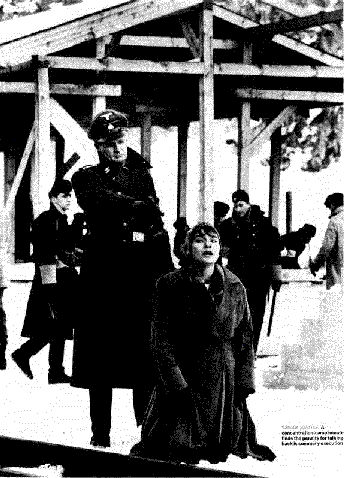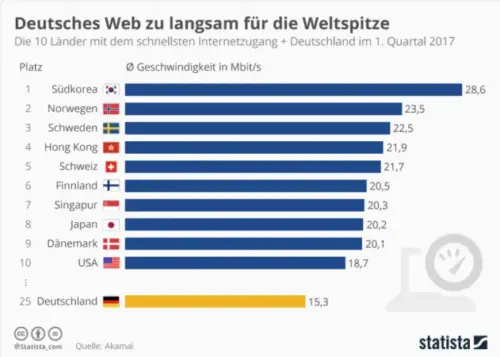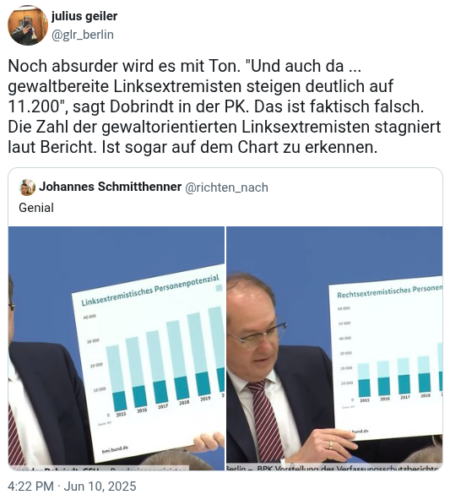An American equity slash-and-burn CEO has rushed his faith-based mindset about AI to the press, and keeps saying “belief” and “believe” like it’s a virtue rather than a huge red flag.
This CEO laid off nearly 80% of his staff because they refused to adopt AI fast enough. 2 years later, he says he’d do it again
He explicitly says he’d “do it again” while also saying “I do not recommend that at all”, the sort of contradiction in a value extraction guy that deserves pushback. He’s claiming vindication while disavowing the method. That’s the tell of someone who knows his real story wouldn’t survive scrutiny, and who acts like nobody is allowed to challenge him on it.
The CEO acquires dying software products and extracts remaining value. He celebrates firing people for not “believing” rather than for failing to deliver measurable outputs. The technical staff who raised concerns about what AI couldn’t do, which is exactly what competent engineers should do, were labeled the “most resistant.”
Expertise became evidence of heresy. And then came the loyalty purge to get rid of technology experts. In other words he rapidly curated a value story and deleted everyone who could prove it wrong.
Engineering operates on evidence to reach a conclusion. You measure, you test, you revise based on outcomes.
Evangelical Christianity operates on belief as the only allowed evidence. You commit first, then interpret outcomes as confirmation. Doubt is sin, not method.
This CEO isn’t accidentally using religious language. He’s describing an actual faith-based decision process, toxic to engineering:
- “saw the light”
- “evangelize”
- “belief was really the thing he needed to recruit for”
- “changing minds was harder than adding skills”
All of this is evidence of incompetent leadership, because it destroys the foundation of intelligence necessary to build quality products. He invested 20% of payroll in a “mass learning initiative” that “failed”, but there’s no metric for what success would have meant. No measurement of productivity gains that justified the purge.
A 75% EBITDA figure is offered as vindication, but there’s no baseline comparison, no demonstration that the mass firing produced better results than alternatives. Because the firings were never about a measured outcome other than loyalty to the supreme ruler.
The business case is entirely post-hoc rationalization for a faith-based loyalty test to block human intelligence. An industry survey found workers who didn’t perform sufficient enthusiasm were labeled as committing “sabotage”. Vaughan’s framework shows why that false framing would follow.
Dissent essential to engineering becomes treason. In Schindler’s List, a Nazi officer abruptly shoots an engineer in the head, because she told him the foundation is flawed, and then he orders his men to follow her recommendation. The expertise was correct. The doubt was the crime.

The McKinsey framing of “lifelong reskilling” completes the circuit. In evangelical Christianity, you’re never saved enough because you must continually demonstrate faith, attend services, tithe, testify. Backsliding is always possible.
The worker under permanent reskilling obligation is the congregant who can never miss a Sunday, always being evaluated for sufficient devotion, while the pastor accumulates wealth as proof of blessing.
Capital gets to be the priesthood.
Labor gets to be the congregation that must perpetually prove faith while receiving no guaranteed salvation.
And let’s be honest. All this “AI transformation” narrative really is just PR cover for what this guy at ESW Capital has always done to squeeze blood from a rock: acquire companies, convert employees to contractors, surveil them, and eliminate headcount.
The faith-based language signals more than incompetent tech leadership—it’s cover for a private equity extraction operation rebranding mass layoffs as visionary disruption mumbo jumbo.


